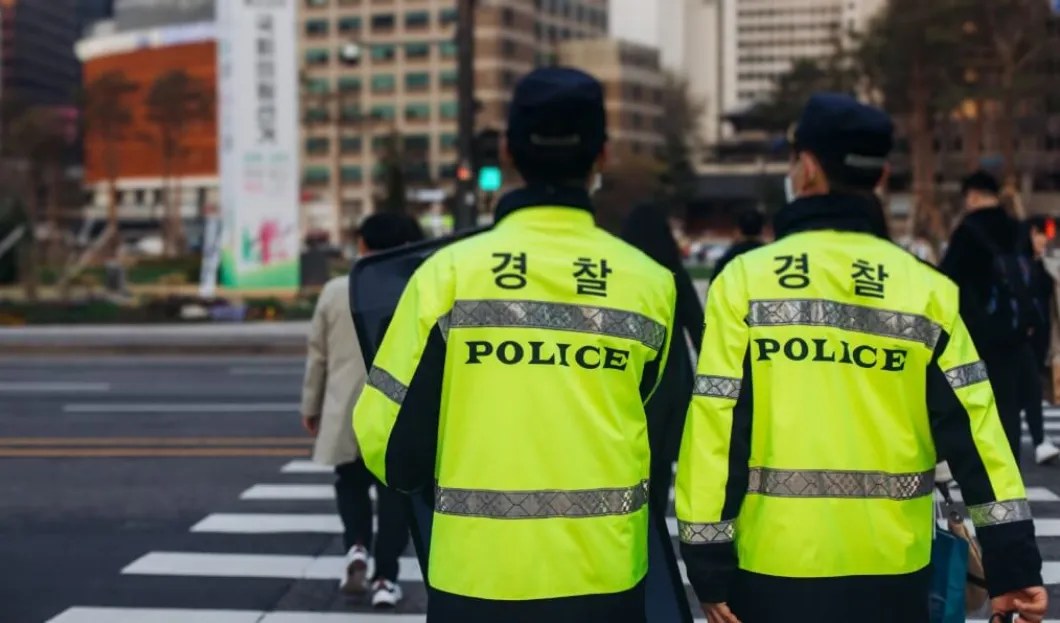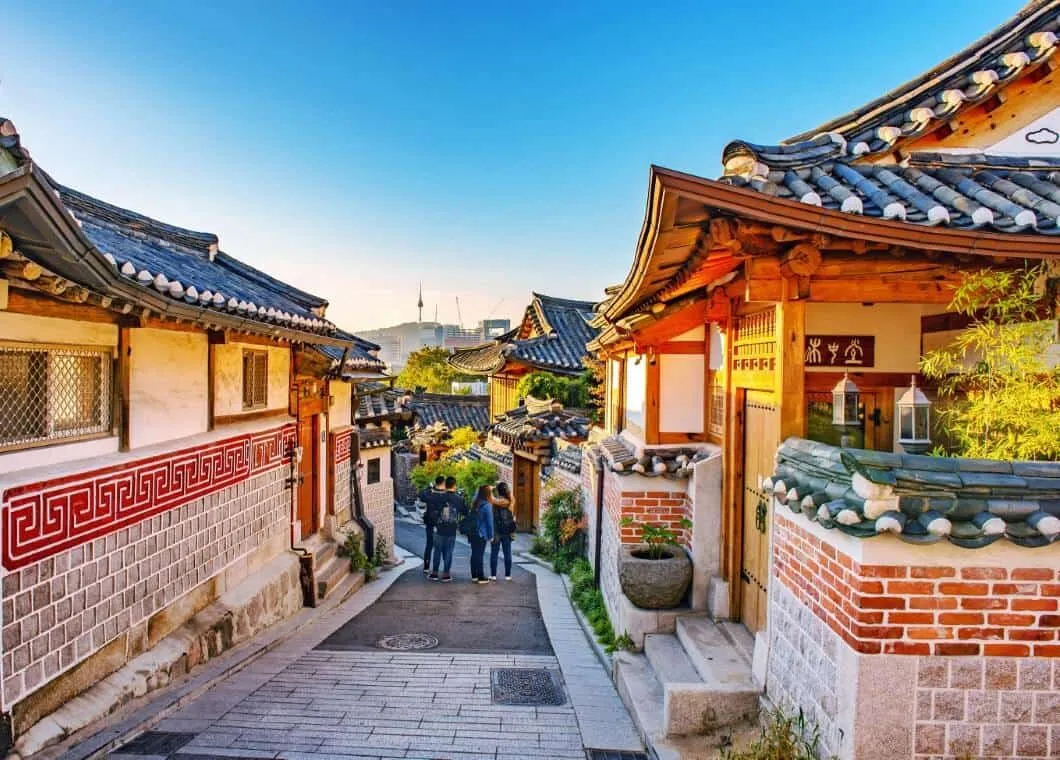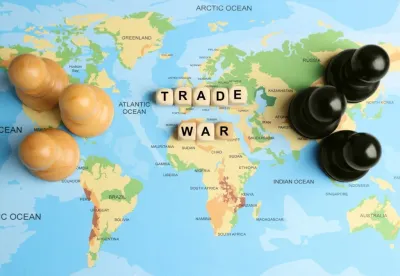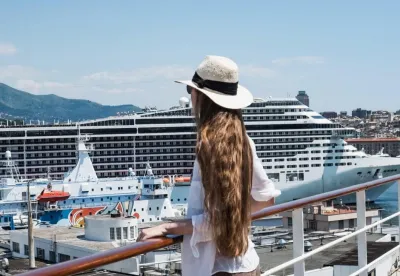
South Korea's hospitality sector, which includes plastic surgery clinics, tour operators, and hotel chains, is concerned about the effects of the prolonged political crisis. Recent cancellations by some foreign travelers followed a brief period of martial law last week.
In 2023, the South Korean tourism industry generated 84.7 trillion won (approximately $59 billion), accounting for about 3.8% of the country's GDP. The industry has previously weathered challenges, including the impeachment of a president in 2016 and periodic tensions with North Korea.
However, more than a dozen sources from hospitals and administrative offices have warned that the military's role in the current political crisis is a serious concern that could deter both leisure and business travel. This worry arises as the sector nears a full recovery in visitor numbers, which reached 97% of pre-COVID levels in October.
Seoul Mayor Oh Se-hoon expressed concerns during a meeting with South Korean tourism industry stakeholders about the potential impact of security issues on the tourism sector. "There are increasing instances of foreign tourists canceling their trips to Seoul or shortening their stays," he stated. He emphasized, "Seoul is safe," to reassure the public, communicating this message in English, Chinese, and Japanese.
Despite ongoing mass protests, Seoul's daily life and tourist activities have continued as usual. This follows President Yoon Suk Yeol's decision to revoke the six-hour martial law declared on December 4. Analysts have noted that South Korea's institutional checks and balances are proving effective in maintaining stability.
Some tourists have canceled their bookings, although the number is not significant. According to travel and hospitality industry sources, others are inquiring about the possibility of withdrawing their reservations if the situation changes.
The Accor hotel group, which includes the Fairmont and Sofitel brands, reported a "slight increase" in cancellation rates since December 3, noting that cancellations are about 5% higher than in November.
The Korea Tourism Business Establishment Association indicated that bookings for the first half of 2025 have already experienced a significant decline.
Due to these cancellations, hotel rooms at hotels in Seoul that were previously fully booked have now become available. According to experts, some hotels are even lowering rates and offering special promotions to attract more bookings.
Additionally, a plastic surgery clinic in Seoul's upscale Gangnam district noted that some foreign patients have canceled their visits since the martial law was imposed. South Korea is recognized as one of the world's leading destinations for medical tourism and plastic surgery.
The recent political crisis poses a significant threat to the country's brand image, which has improved due to the influence of Korean culture and the nation's economic success, according to Kim Wou-kyung, director of a government brand promotion agency.

South Korea's thriving theatre, music, and beauty industries, collectively known as the "Korean Wave," alongside its reputation for safety and well-known global brands like Samsung, are essential elements of the "soft power" the government is leveraging to attract more tourists.
Additionally, the strategy focuses on group business travel for events such as conferences and exhibitions, referred to as MICE tourism. According to Ha Hong-kook, Secretary-General of the Korea MICE Association, this sector could be impacted if the political crisis persists early next year.
However, experts are optimistic about the demand for travel to South Korea. The country aims to nearly double the number of annual tourists to 30 million by 2027, compared to 2019 levels. China is the largest source market of foreign tourists to South Korea, followed by Japan and the United States.









